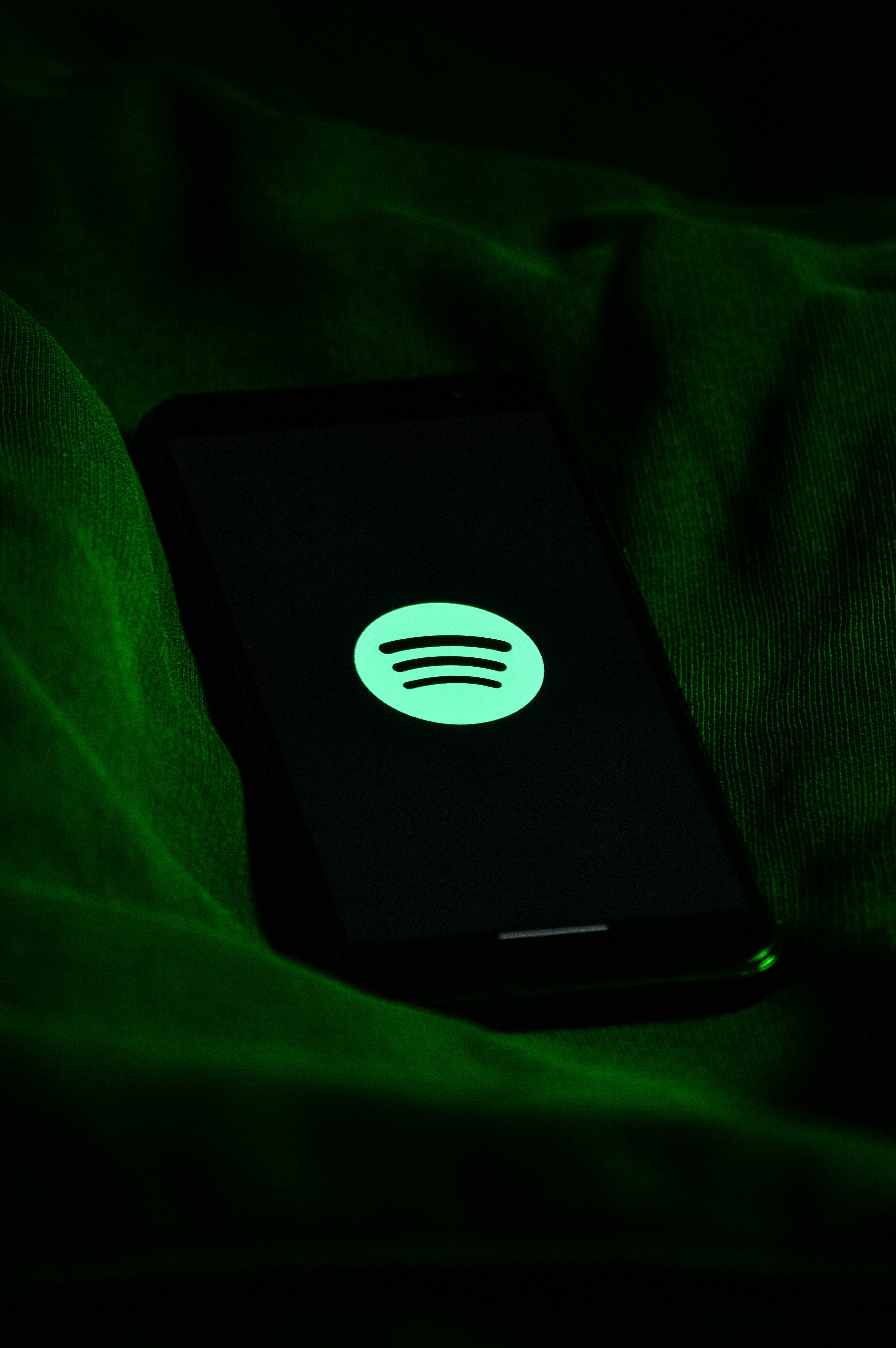Music’s Value Goes Beyond Sound
Music isn’t just a form of expression, it’s an intellectual asset. Each song represents hours of creative labor, production costs, and commercial strategy. For artists, labels, and rightsholders, digital music is both culture and commerce. That’s why protecting it matters. Streaming platforms were designed to make legal access easier and reduce piracy. And to some extent, they worked. Services like Spotify changed how people consume music, moving from downloads to on-demand listening. It was a shift meant to make piracy obsolete. But piracy didn’t vanish. It adapted.
Streaming Didn't Kill Piracy, It Modernized It
Instead of torrenting MP3s, piracy now shows up as fake uploads, stream manipulation, and unauthorized distribution through third-party channels. The abuse isn’t always visible, but it’s widespread and damaging. Fraudulent uploads siphon revenue away from rightful owners. Fake streams distort metrics and advertising payouts. And even with licensing agreements in place, rights enforcement remains weak, especially for independent creators and smaller rights holders.
Spotify vs. Telegram: Two Sides of the Same Issue
Two platforms often linked to modern music piracy are Spotify and Telegram, but they play very different roles.
On Spotify, the problem is internal. Unauthorized tracks are uploaded via illegitimate distributors. Some content is mislabeled to bypass filters. Others impersonate artists outright. In many cases, stolen content earns ad or subscription revenue before it’s detected, or never gets removed at all.
Telegram, on the other hand, operates externally. Entire music libraries, including full albums and unreleased tracks, are shared in open or private channels. Often ripped directly from Spotify, Apple Music, YouTube, etc., these files circulate without restriction, offering free access to content that was never meant to be free.
You can read more about how Telegram DMCA enforcement works here .
While Spotify issues hurt visibility, income, and trust in the streaming model, Telegram’s channels strip creators of all control. These are not isolated issues; they feed each other. The track pirated on Spotify is reposted on Telegram. The Telegram leak hurts your next release. The cycle continues, unless you break it.
Fighting Piracy Across Both Fronts
At Pellonia, we take a comprehensive approach to stopping digital music infringement. We don’t just file DMCA takedowns, we track misuse, report infringing uploads, and work across platforms to remove stolen content efficiently.
On Spotify, we identify unauthorized uploads, impersonation, and fake distribution abuse, then work to take them down swiftly.
On Telegram, we handle full-scale DMCA enforcement, reporting infringing channels, and blocking repeated violations through strategic claims.
Whether you’re dealing with stolen streams, leaked audio, or republished content, we help you regain control of your catalog, without wasting time or navigating confusing systems alone.
What Sets Pellonia Apart?
-Fast takedown execution on Spotify and other streaming services
-Advanced DMCA processing for Telegram and hidden sharing networks
-Ongoing monitoring to prevent repeated abuse
-Personal guidance from a team experienced in digital copyright enforcement
You shouldn’t have to choose where to protect your music. You should own it, everywhere.
Conclusion
Music piracy didn’t disappear with streaming; it just changed form. Whether it's fake uploads on Spotify or mass distribution through Telegram, the outcome is the same: creators lose.
At Pellonia, we make sure you don’t have to fight that battle alone. Our team removes infringing content, restores ownership, and protects your music wherever it appears. Fast, effective, and tailored to the way piracy works now.Take back control of your music.
Let Pellonia enforce your rights, before someone else profits from your work.





